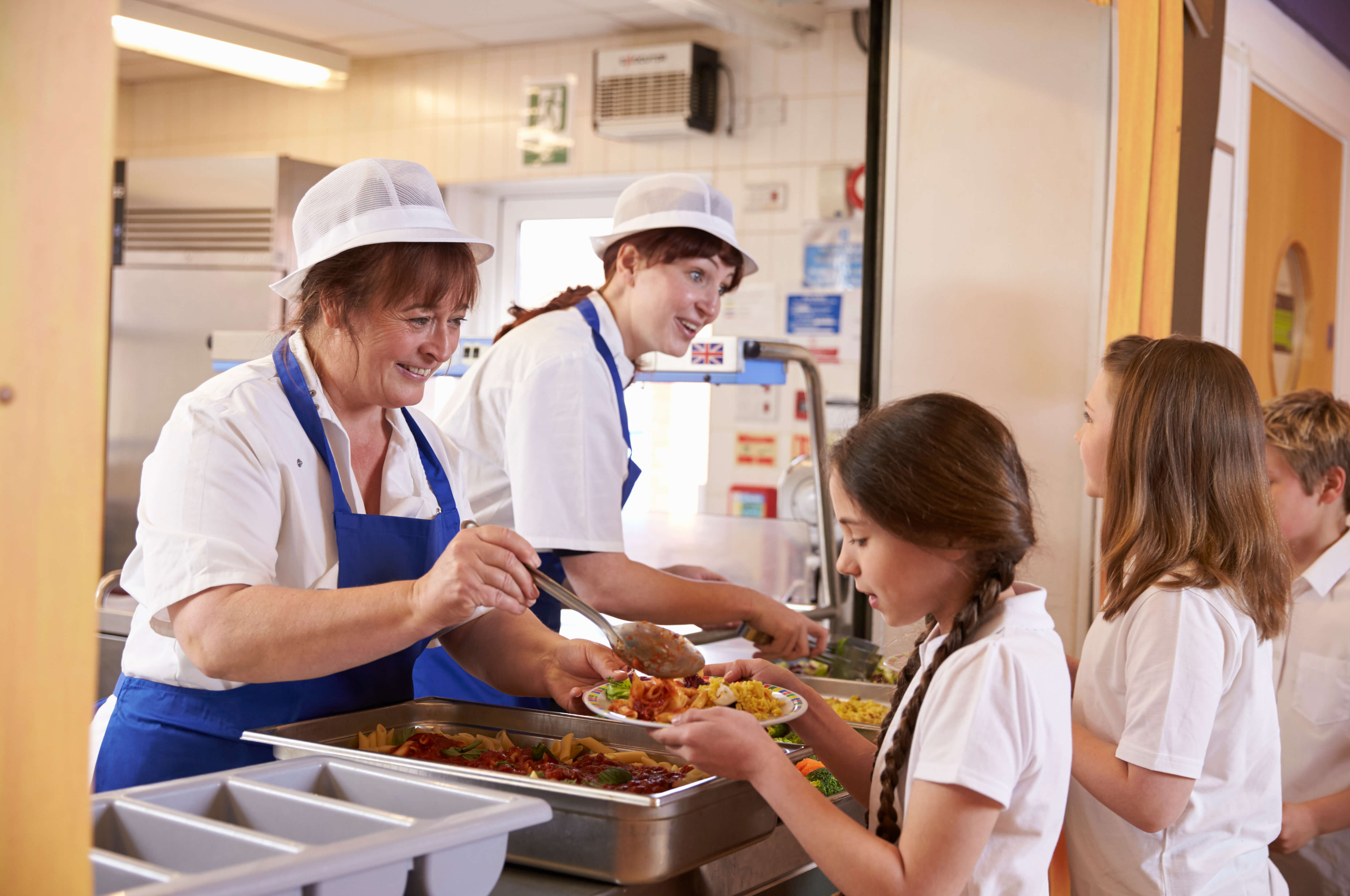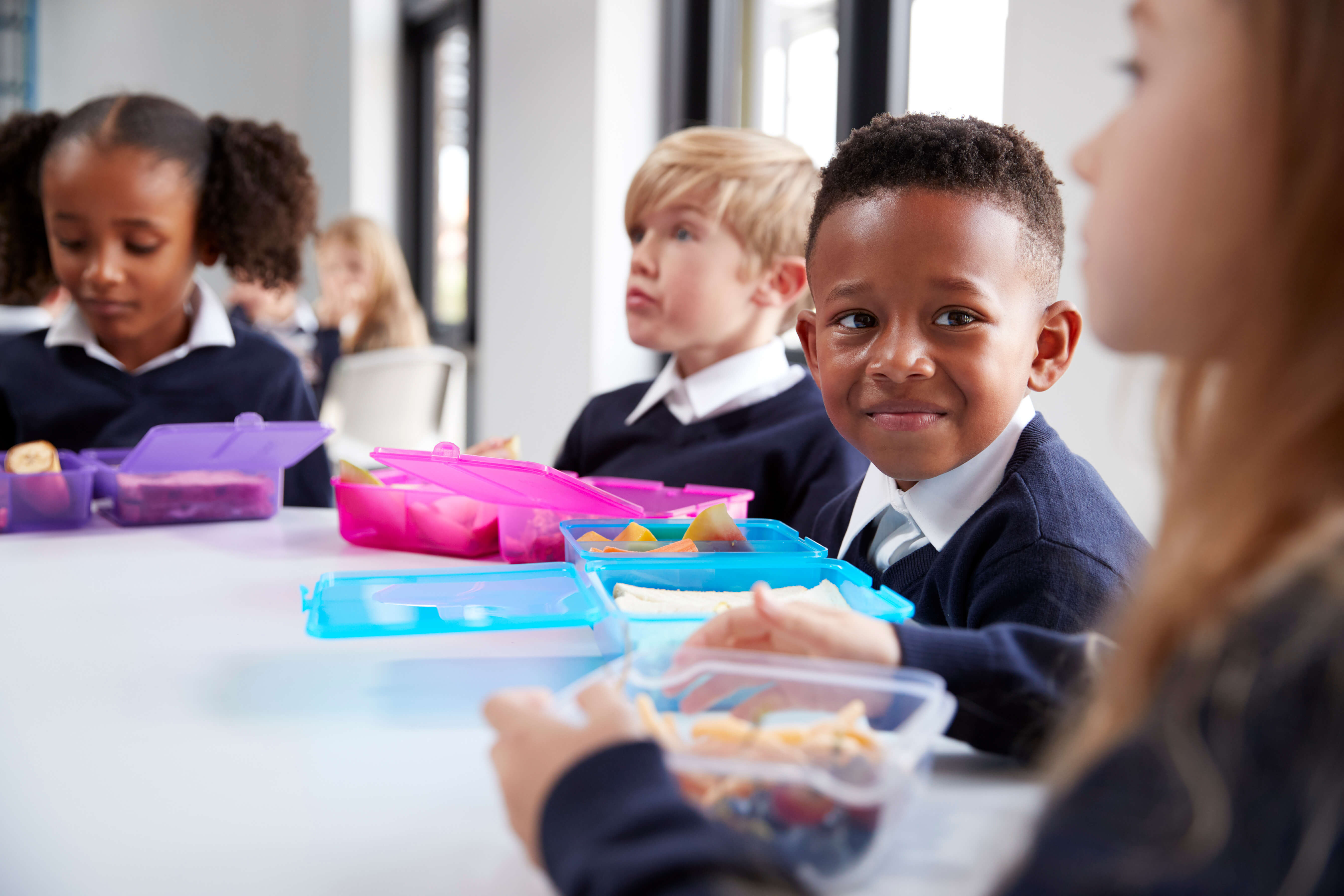
Waste management for schools
Flexible and efficient school waste management services without the hassle
CREATE YOUR ONLINE QUOTE NOW
Switch to Hills Waste Solutions in under 10 minutes
- 97% service reliability
- 4,000 businesses in our community
The importance of reducing waste and promoting recycling in schools
Reducing food waste and recycling at school is a wonderful way of teaching primary and secondary
school children and young people about our responsibilities towards the environment, and there are a host of ways for all children, parents, teachers and kitchen staff to get involved.
Locations served
- Amesbury
- Andover
- Bath
- Bristol
- Cirencester
- Chippenham
- Devizes
- Faringdon
- Frome
- Malmesbury
- Marlborough
- Newbury
- Portishead
- Salisbury
- Shaftesbury
- Swindon
- Trowbridge
- Tidworth
- Warminster
- Weston-Super-Mare
- Yate
Page overview
The types of waste produced
Waste impact on the environment
Improving sustainability
Reducing waste case studies
Recycling schemes and innovations
Benefits of waste reduction and recyling
Food Waste - If you're wondering what you could do with all that food waste – from lunches, snacks, and more – the most obvious answer is to turn it into something valuable. A good waste management company like us will recycle commercial food waste, from plate scraps to kitchen off-cuts, and transform it into renewable energy. But some of it could be used for a more direct intervention – a school compost heap made from peelings, tea bags, grass cuttings, shredded paper and so on is a great way of educating children and young people about decomposition and creates free compost to use on the school’s grounds. All you need are a couple of compost bins.
Plastics - While there are many people and groups who are working hard to reduce plastic use, it is impossible to go a school day without reducing, reusing and recycling plastic. From the milk cartons that we use, to the items that are packaged, there are still so many things going into general waste that don't need to.
Paper and cardboard –Textbooks, pupils’ coursework and storage boxes make up at least 25% of everything your school sends to landfill! From an environmental perspective, that’s a lot of rubbish, so it’s really important that any paper and cardboard waste is recycled correctly – and schools with multiple recycling streams have the chance to recycle and remove printer paper, boxes and much, much more from general waste.
Sustainability and eco–friendly initiatives are fundamental in the education sector. By reducing food waste in schools and actively recycling there is a lot that can be repurposed. Amongst other things, glass, metals, electronics and some furniture can be fully or partially given a new lease of life. And, best of all, items that cannot be repurposed can still be recycled into renewable energy that powers homes, offices and schools. Just because it’s called waste, doesn’t mean it needs to be wasted!
How is school waste impacting the environment?
A study ‘by WRAP (the Waste and Resources Action Programme) has said that… there is around 45kg of waste produced per pupil per year for primary schools, and around 22kg for secondary schools. Now consider that in the UK there are more than 9,000,000 pupils at more than 24,000 schools.’
Not only that, schools alone generate approximately 80,000 tonnes of food waste per year, with a total spend of £250 million on wastage alone. (Buzz Educations) That’s almost 9,000 new teachers or enough to feed 49,000 pupils for a year. Now that is a great reason to keep school waste at a minimum.
Did you know that 70% of this school waste is food, paper, and card! That's great news because over 80% is entirely recyclable. But sadly, only 20% of it ever gets recycled. That's a massive opportunity for more recycling in schools to help improve the environment and reduce your carbon footprint.

Reduce
The best way of making a positive environmental difference while making a dent in the £250 million being wasted on discarded food each week, is to reduce food waste at source. Most school kitchens already manage minor miracles on the tightest budgets. Studies have shown schools can save money and reduce waste by identifying the foods that are eaten the most and then displaying menus and offering advance preordering. (Civica) This prep and insight into eating habits means kitchen staff will know what they need to cook more of and less will be binned. Reducing single use plastics such as cutlery and encouraging refillable water bottles is also an easy and positive eco-friendly way forward.

Educate
Involving young people in improving the environment alongside your own sustainability efforts can make a big difference to schools and society. As we know from children, most of the waste they bring in with them through the school door comes with packed lunches, such as the plastic packaging. Why not select a day to challenge the whole school – students and teachers alike by having a waste-free lunch day and see how much of a difference it makes to your volumes of waste? A fantastic bit of learning for the young people, as it contains aspects that map neatly onto the curriculum as it is currently.

Think Digital
Digital technology affords lots of opportunities for saving on paper. Encourage staff, especially teachers, to be conservative about printing and photocopying – does it really need to be done, and will the result have an active life before it gets binned? Electronic storage of files is sensible for security and safety and nowadays it is often the preference of parents to receive communications by email or WhatsApp, not in an envelope.
If you can’t avoid printed materials, ask the IT team to switch your printers and copiers to default double-sided printing, and use any non-sensitive single-sided printouts as office scrap, primary school painting shapes or secondary school artwork.
Commitment to composting and more
At Bristol Grammar School, children and young people aged 4 to 18 are scraping their plates to fill special food-waste bins for collection three times a week and turned into valuable renewable energy. The school has also upgraded a majority of their lighting to efficient LEDs.
Hands-on green activities
The Wiltshire Wildlife Trust is partnering with schools across Wiltshire to reduce waste through hands-on activities that encourage reuse, recycling and composting. This partnership engages children and young people in fun, resourceful ideas - from making their own paper bird feeders to recycling old clothes.
Developing a sustainability strategy
Let’s talk tech waste. We’ve all got an old phone in the drawer which we're not sure what to do with. It’s the same for schools, power cables, adapters, monitors and more. Some companies can collect it for free for and securely destroy data (although we recommend you do this yourself before donating).
Not sure what to do with your old IT equipment? Some companies can collect it for free, including power cables and adapters, from all educational establishments. Some of those organisations will securely destroy any data (although we recommend you do this before donating), test, clean and refurbish the kit to be re-sold for personal or business use.
Eco-initiatives
Eco-conscious students of a school in Bristol established an Eco Club and Recycling Team; This pupil-led activity included a survey of their peers, and led to tree planting and more recycling hubs within the school. Alongside this, the pupils set up their own social media page with the schools key sustainability topics and worked in partnership with the school’s senior leadership team to encourage sessions across the school to explore climate change issues.
The importance of educating pupils on recycling in (and out) of school
The next generation of society are more eco-conscious than ever before, so we must continue to encourage them to preserve nature and the climate by reducing, reusing, and recycling waste. From these simple principles, we foster positive habits and logical reasoning, which encourages children and young people to think about their carbon footprint and make sustainable decisions.
Everyone has a part to play. Through making small changes at home, school or on your commute, when combined, they multiply their impact and inspire more significant changes for a healthier planet. Together, we can ensure our youth are ready for the challenges ahead! To find out how to bring positive waste behaviours into the classroom through fun activities, take a look here.
The benefits of reducing waste and recycling for schools
Reducing the amount of waste at source can help improve the environment and free up budgets for other essential services and boost a schools reputation. And, best of all, it will help to inform and educate children and young people about waste so that they can become the global guardians of the world of tomorrow.
By adopting the ‘How can we avoid waste?’ philosophy, you can bring financial gains and other benefits to your institution whilst engaging with parents and their children to save the planet. Place yourself at the forefront of change – send less waste to landfill, involve pupils in positive waste management, consider how to make the best use of the stuff you might otherwise discard, and look to make small, sustainable differences to how the school runs – and you’ll also find yourself a more likeable and responsible neighbour. A win-win all round.
Want to know more?
Hills are experienced local experts who understand the unique demands of waste management in the education sector, and specifically for schools. Contact our friendly professional team today to learn how we can help you meet your waste disposal and recycling challenges.

